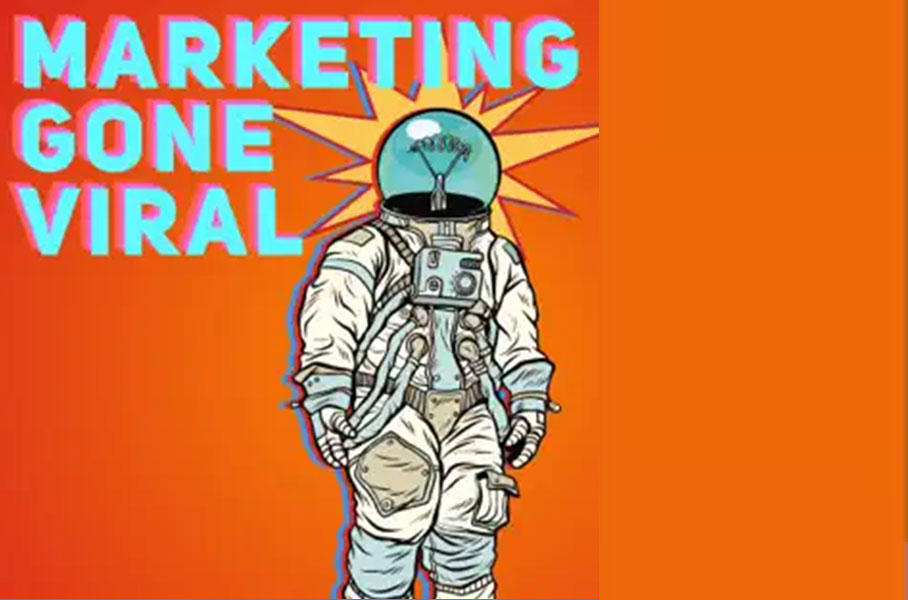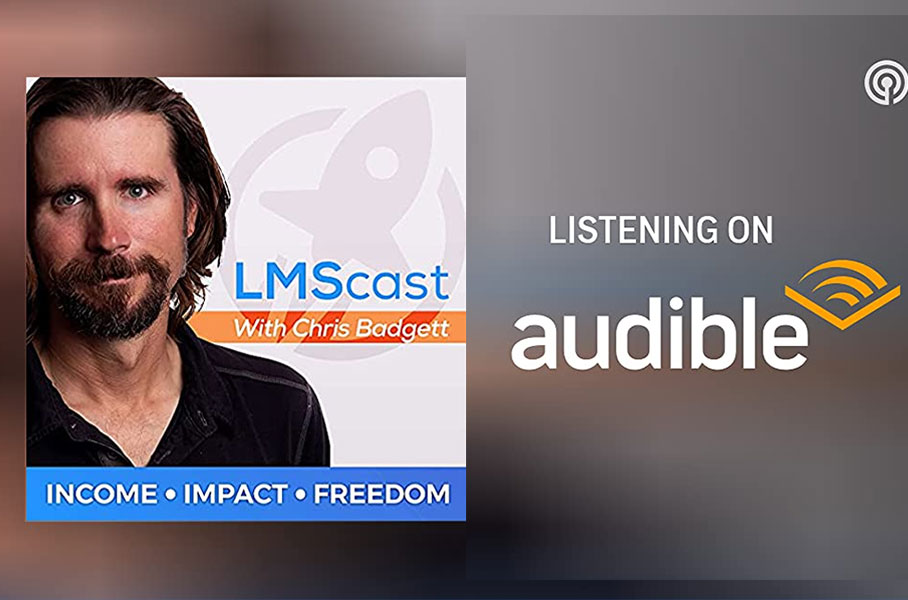I have been part of the piano google group for many years. This story touched me so I thought I’d share Clemmie’s story and my thoughts on Memorizing Piano Music
Clemmie wrote: Gradually, my ability to memorise and improvise disappeared completely, and now, even though I have my diploma hanging on the wall etc, I am completely unable to play any piece of music unless I have music in front of me. This is a source of huge embarrassment and great frustration to me, and I wondered if anyone here could give me hints, tips, point me to a hypnotherapist who specialises in music or just ANYTHING that could help me get over this block and get back that childlike innocent genuine MUSIC-MAKING skill I once had.
> Help, please, anyone?
Hi Clemmie,
Welcome to the group. I’ve been lurking in this group for years but don’t really have time to participate too much. But when I read your story, I was moved to jump in. First, I’m sorry you had to experience music that way. It sounds like you were quite gifted and that you are still passionate about the piano.
Please note that I don’t really give advice, I can only speak based on my own experience.
We all have our phsychological, emotional, mental and physical barriers when it comes to practicing and/or performing. Your barrier is not that you can’t remember a piece. It is your emotional reaction to the idea of remembering a piece. In fact, you are describing stress. Stress is the amount of energy you put into resisting your situation. It’s not the situation that causes stress, it’s the amount of energy you put into resisting your situation that causes stress.
Change the behavior, you change the results.
The first step is to become aware of what your internal dialogue when you approach the piano. What is your little voice telling you? Is it saying “i feel guilty for not doing what is expected of me?” Is it saying “I’m not good enough, talented enough, smart enough, disciplined enough?” Once you become aware of your internal dialogue, you become aware of what you are truly feeling as you sit down at the piano.
If you feel victimized, like you’ve been violated (someone stole your pure creativity), it’ll be tough getting your creativity back if all you are focused on is the fact creativity was ripped away from you in your youth.
What you focus on expands. If you focus on what you have lost, that will expand. If you focus on what you are in the process of gaining, that will expand.
When you are sitting at the piano, your thoughts become reality. Your thoughts instantly take form as you are creating. Your barrier is that you are focused on what was once, instead of focusing on the now! If all you do is focus on the fact that it was once easy for you to memorize, you are not focusing on the now. Present moment awareness is key to the piano or any instrument, or life in general really.
The first step to healing is becoming aware of what you are experiencing. What you are feeling. Just sit at the piano, in front of the keys, and meditate on what you are feeling. Don’t play. Just feel. Does it feel stressful, joyful, painful, or are you anticipating stress, or you anticipating pain? Are you looking forward to playing, or are you hearing little scripts in your head saying “you used to be great, now your not, you are not this, that, etc?”. What are you feeling? Write it down.
The next day, sit at the piano and turn your attention to the now. Feel the joy of playing. Feel the joy of what it is to make beautiful sounds. Just let your hands explore over the keys, and listen to every note like it was the most beautiful sound you ever made! Because it is. You are in the now! No one can steal this moment and pure joy from you. Feel the joy and the freedom in the now.
Once you have gone through this little exercise, and you are in the now, and every note is beautiful…even wrong notes. Now, in the present moment, without any judgement on yourself, you are ready to learn one thing.
I teach the 10-24-7 Paul Tobey method!
What does this mean? Well, 10 stands for the amount of energy you put into learning what it is you’re learning. How many things can you learn at once? One!
So if you have a big pile of music sitting on the piano just get rid of it! Put it away. You can’t possibly learn all that anyway. So, just learn one thing at a time.
Identify that one thing you will learn (one line, one chorus, one melody, one piece, one chord progression…whatever you FEEL you can do and do it at a level 10. Remember, the key is; giving 100% of your energy until you can play it – without thinking (without thought). Do not move on until you can do that particular ONE thing – effortlessly.
Then, do the same thing again in 24 hours. At a level 10 (100% of your energy), learn the same single thing you just learned the day before. Do not move on to the next thing until you feel it is effortless.
Then, in 7 days do it again and I promise you that your retention rate for that one thing you learned will go up by 85%. Is this possible? Yes!
There’s a term we use for this type of learning and it’s called “accelerated learning techniques” or “advanced learning techniques.” It’s what I teach in my seminars because it’s what works best for me and for the hundreds of people I’ve taught it to.
Your barriers are not in the brain. It’s not a malfunction of your intellectual or physical ability. Your barrier (self-percieved limitations) live in the little voice in our brain. It is only a barrier. It can be healed. You can eliminate it. But first you must understand it. You must stop feeling like a victim. You must stop focusing on the past (who you were), and start focusing on who you are (in the now). Your passion for the piano is evident. Your passion is living in the now.
The question is, how long is your past going to control your present? If want to experience freedom at the piano, all you have to do is sit on the bench, let your hands feel the notes, and listen to every note like it was the best note you ever played. Then, without judging yourself, or any note you play, just learn one thing in the now. Do it again in 24 hours, and again in 7 days. Remember, don’t judge what you can or cannot do. Just feel, and be aware of the little voice inside your mind. And when it tells you “i can’t memorize this thing”…just say “thanks for sharing”, get the thought out of the way, and go back to the joy of playing.
Remember, don’t believe a word I say. I am speaking from my own life experiences. Let go of your attachment to the past, and play for the love of playing, and you’ll change the behavior that is limiting your learning.
Keep playing from the heart,
Paul


